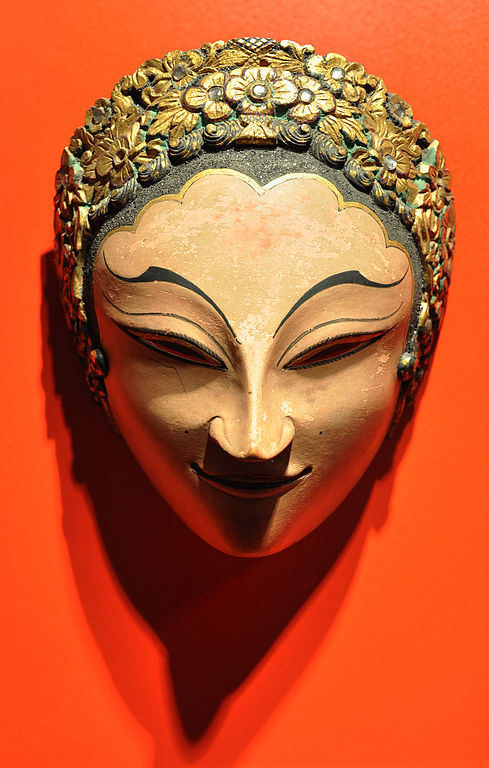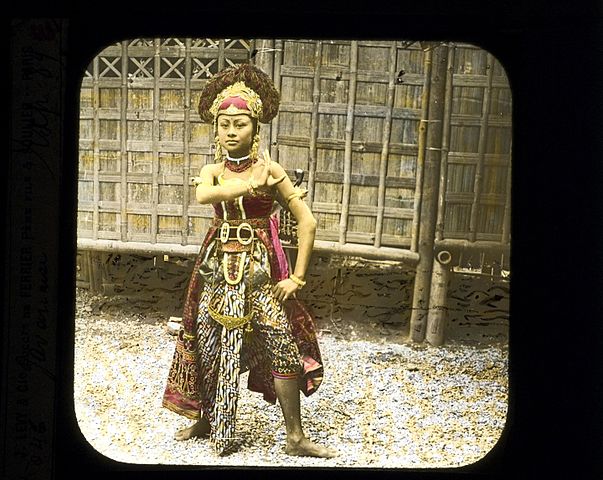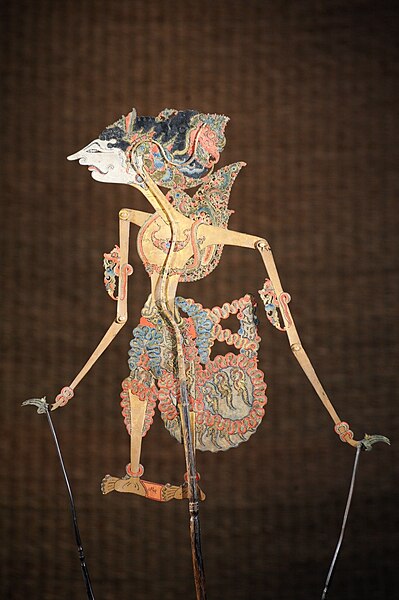
On Thursday April 25, the German Southeast Asian Center of Excellence for Public Policy and Good Governance (CPG) based at the Faculty of Law, Thammasat University, will present a seminar in a series on geopolitics and regional order: SEA of Change: The Past, Present & Future of Southeast Asia.
The event will be held from 2:15pm to 5pm in the Jitti Tingsabadh Room on the ground floor of the Faculty of Law, Thammasat University, Tha Prachan campus. Among presenters and discussants will be Mr. Colin Steinbach, European Union Delegation to Thailand and Ajarn Henning Glaser, CPG director. Ajarn Lasse Schuldt of CPG will be moderator. All are welcome to reserve a seat and attend.
As the CPG website explains:
- With election results in Thailand and Indonesia still not announced, with Malaysia still struggling to find a viable post-election path after the historic defeat of UMNO and with elections approaching in the Philippines, South East Asia seems to be politically much in flux even if focusing on electoral politics only.
- However, there are also other noteworthy trends within the region such as lingering internal disorder, illiberalism rising and looming conflict at the Mekong and South China Sea theaters.
- At the same time, South East Asia is one of the more stable and economically more promising regions globally whose fate is intertwined with the emerging Eurasian system of which it is a part of and that increasingly connects Asia and Europe.
- These larger dynamics and the changing global realities will have a strong impact on the internal order(s) of the region. Against the background of a globally increasing impact of geopolitics and great power rivalry at the expense of normative order, facing a rising China and an increasing international disorder that is accompanied by a receding adherence to democratic values globally, the developments in South East Asia are exposed to transformative trends of historical dimension as much as South East Asia represents a weight on its own in the emerging international equilibrium.
The keynote speaker will be His Excellency Kasit Piromya, director of the Citizen Activation Academy of the Kuang Apaiwong Foundation. He has served as Minister of Foreign Affairs of Thailand and Thailand’s ambassador to the Soviet Union and Mongolia, Russia and the former Soviet republics, Indonesia and Papua New Guinea, Germany, Japan, and the United States. He also sits on the board of the ASEAN Parliamentarians for Human Rights (APHR).
The APHR website notes:
- ASEAN Parliamentarians for Human Rights (APHR) is a human rights intervention force of current and former parliamentarians, who use their unique positions and innovative means to prevent discrimination, uphold political freedom, and promote democracy and human rights throughout the region.
- APHR supports the work of civil society and human rights defenders and encourages sustainable solutions that increase pressure on governments and multilateral bodies to ensure accountability and uphold and enforce international human rights laws.
- APHR is a non-profit organization.

H.E. Kasit earned a master’s degree in social studies from the International Institute of Social Studies in The Hague, the Netherlands. The International Institute of Social Studies (ISS) is a graduate school of policy-oriented critical social science. Founded in 1952 by Dutch universities and the Netherlands Ministry of Education, it performs research, teaching, and public service in development studies and international cooperation. Earlier, H.E. Kasit earned bachelor’s degrees in international affairs from the School of Foreign Service, Georgetown University in the United States, and the Faculty of Political Science, Chulalongkorn University. He also obtained a diploma from the National Defence College of Thailand. The Edmund A. Walsh School of Foreign Service (SFS), founded in 1919, is considered a leading school of international affairs at Georgetown’s Washington, D.C., and Qatar campuses.
The Thammasat University Library owns a copy of Regeneration of the Bang Pa-In Palace Lagoon by a study group chaired by H.E. Kasit. The report is shelved in the General Stacks of the Pridi Banomyong Library, Tha Prachan campus.
In 2015, H.E. Kasit was interviewed by Dr. Duc Quang Ly, CPG project manager, about current issues of Thai foreign and domestic politics for the CPG website. H.E. Kasit stated:
Thailand is the one of the founding states of ASEAN, and we are one of the biggest countries therein. We are in a very central geographical position, and we are quite advanced, – relatively to the neighboring countries. So, we should continue to play the leading role of forging the integration of ASEAN. But how much Thailand can lead depends on the type of government and on the question who is the Prime Minister and who the Foreign Minister.
Asked about the status of preparation and prospects for the launch of the ASEAN Economic Community (AEC), he replied:
I don’t think the preparation in any of all the 10 ASEAN countries is good. All of us could have done much more. Thailand could have done more on the transportation network inside Thailand… Also, the customs around the country, around the airports, seaports and on land are still not yet ready in terms of the modernization of the customs and immigration. I think that is not satisfactory. Third, the general education of schoolchildren, businessmen, housewives and so on could have done better, could have been undertaken much more intensively. The government media has paid not much attention and spent not much time to educate the people. The private sector has also not been educating their members, [for example] through the Federation of Thai Industries and Chamber of Commerce. So there should be more activities for people to know what ASEAN is and what opportunities are provided, where the competition is coming from and so on.
In 2013, H.E. Kasit spoke at the Center for International and Regional Studies (CIRS) at Georgetown University in Qatar about Southeast Asia’s role in global food security, focusing on Southeast Asian countries as major exporters of food and as the food cradle or food kitchen of the world. According to an online report of his presentation, H.E. Kasit explained that
when combined, Southeast Asian countries rank in the top ten global food producers and exporters. “There is no food shortage and there is no famine in Southeast Asia so we feel confident that we can be the supplier of food for the decades to come,” he said.
Addressing the important connections between Southeast Asian countries and the Gulf Cooperation Council (GCC) states, Piromya pointed to the great potential for long-lasting cooperative agreements between the two sides. He noted that Gulf states are secure in oil, gas, and energy, whilst Southeast Asian countries enjoy food security. This presents optimum grounds for partnerships and working together to achieve common goals and mutually beneficial arrangements where one part of the world has particular resources that can be of benefit to other areas of the globe. “The first thing that comes to mind,” Piromya claimed, “is the complementarity of Southeast Asia and the Gulf states.”
Despite this natural partnership between Southeast Asian countries and the Gulf states, major questions remain regarding how this complementarity between food security cooperation and energy security cooperation can be achieved. Piromya offered several possible scenarios for cross-regional cooperation.
The first, he said, is for the trading partners to establish and agree upon long-term contracts to trade food and energy resources. Another option is for Gulf states to enter into joint venture agreements with existing Southeast Asian organizations to actively invest in farms and related activities in Southeast Asian countries. This scenario will allow Gulf investors to work directly with food production experts in order to increase productivity and returns on investment. A final suggestion is to create stockpiles of food that can be kept in storage and utilized as and when needed. He explained that “Thailand, as a major food exporting country, pledged 50,000 tons of rice into the stockpile for emergency situations.” These stockpiles can be stored on land or in the form of “floating stockpiles” on ships that are directed towards areas of need anywhere in the world. This option requires that countries maintain emergency stockpiles ready to deploy in disaster situations and that countries work in conjunction with international organizations like the World Food Programme to deliver food aid to countries in need. For example, “when there was an earthquake in Haiti a few years back, Thailand was the biggest contributor in terms of humanitarian assistance; we provided the largest amount of rice,” he said...Taking this regional cooperation a step further, Piromya argued for the necessity to go beyond food aid and to think of partnerships that can be maintained at the level of research and development. He concluded by saying that there is great interest in researching and investing in alternative and renewable energy sources in many Southeast Asian and Gulf states. Currently, in Thailand, alternative energy is being produced from food sources such as tapioca, palm oil, and molasses. This is a mutually beneficial area for both regions to work closely together.

(All images courtesy of Wikimedia Commons)

